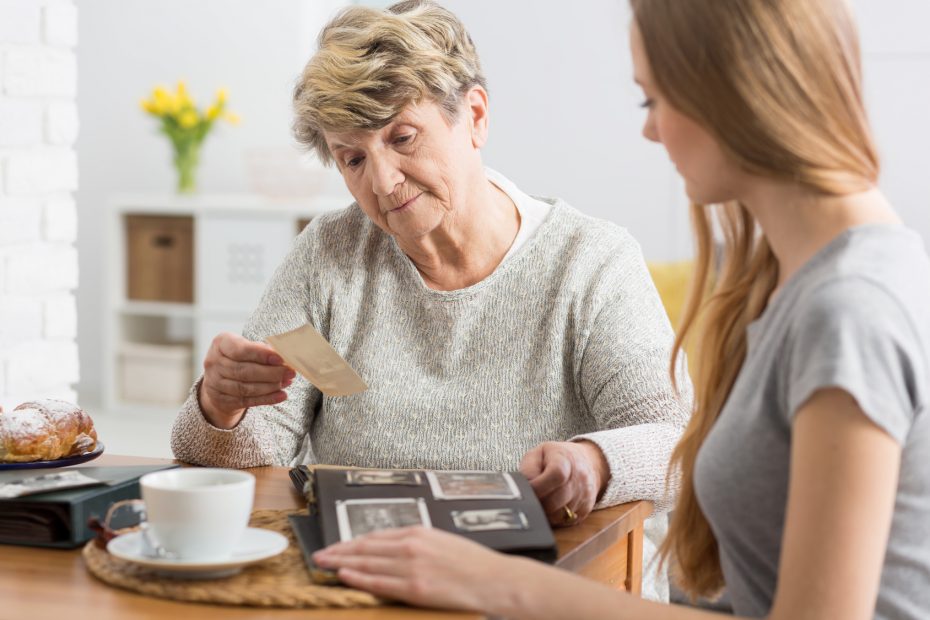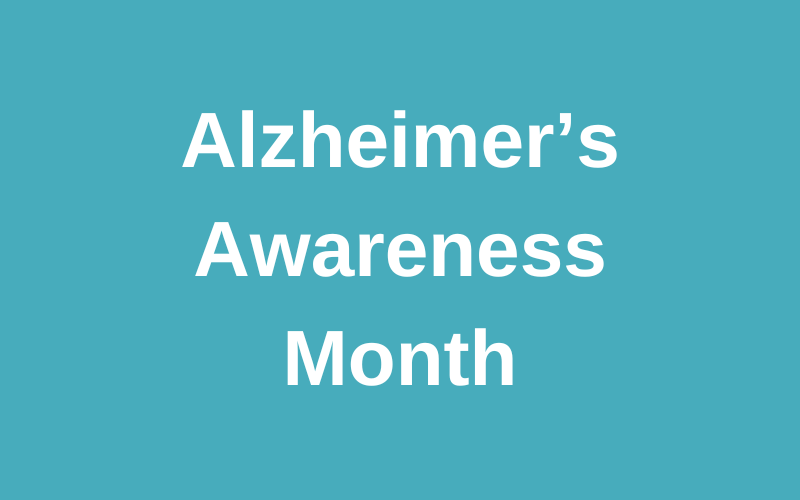Caring for a family member with dementia is a demanding and emotionally taxing experience. However, it’s crucial to remember that individuals living with dementia have the right to maintain their independence and dignity. At Assisting Hands Home Care in North Texas, we deeply appreciate the significance of promoting independence and empowerment for dementia patients in a home care setting. In this article, we will delve into various strategies, tips, and resources to help you provide the best care possible while respecting the individuality of your loved one.
Understanding Dementia
Before we explore strategies for promoting independence and empowerment, it’s vital to have a fundamental understanding of dementia. Dementia is not a single disease; rather, it’s an umbrella term used to describe a range of cognitive impairments that disrupt daily life. While Alzheimer’s disease is the most prevalent form of dementia, there are several other types, including vascular dementia, Lewy body dementia, and frontotemporal dementia.
People with dementia may experience memory loss, confusion, mood swings, and difficulty with communication and problem-solving. As the condition progresses, they may require increasing levels of support and care.
Promoting Independence for Dementia Patients
- Establish a Structured Routine
Creating a structured daily routine can provide a sense of security and predictability for dementia patients. Stick to a schedule for meals, medication, and activities. A consistent routine can help reduce anxiety and confusion.
- Simplify the Living Environment
Make the home environment more dementia-friendly by reducing clutter and eliminating hazards. Install handrails in hallways and bathrooms, remove tripping hazards, and label drawers and cabinets with pictures or words to make them easier to identify.
- Encourage Self-Care
Support your loved one in performing daily tasks as independently as possible. This might include dressing, grooming, and eating. Provide gentle prompts and assistance as needed, but allow them to do as much as they can on their own.
- Promote Memory Aids
Use memory aids like whiteboards, calendars, and clocks to help dementia patients keep track of time and important events. These visual cues can reduce confusion and support their independence.
- Engage in Cognitive Activities
Stimulating the mind is crucial for maintaining cognitive function. Engage in activities like puzzles, reading, or reminiscing about past experiences. Tailor activities to your loved one’s interests and abilities.
- Foster Social Connections
Social isolation can exacerbate dementia symptoms. Encourage social interaction by arranging visits with family and friends, joining support groups, or participating in community activities designed for dementia patients.
- Offer Choices
Empower your loved one by offering choices whenever possible. For example, let them decide what to wear or what to have for breakfast. Giving them a sense of control can boost their self-esteem.
- Monitor Medication
Ensure that medications are taken as prescribed. Consider using pill organizers or medication management apps to help your loved one keep track of their medications. This promotes their physical well-being and independence.
- Empowerment Through Effective Communication
Effective communication is key to promoting empowerment for dementia patients. Here are some tips for enhancing communication:
- Be Patient and Understanding
Dementia can affect language skills and cause communication difficulties. Be patient, listen actively, and try to understand their needs and feelings. Avoid correcting or contradicting them unnecessarily.
- Use Clear and Simple Language
Speak in clear and straightforward terms. Avoid using complex sentences or asking multiple questions at once. Use gestures and facial expressions to convey your message.
- Maintain Eye Contact
Maintaining eye contact during conversations can help establish a connection and build trust. It also shows that you are fully engaged in the interaction.
- Encourage Expression
Create a supportive environment where your loved one feels comfortable expressing themselves. Encourage them to share their thoughts and emotions, even if their words are not always coherent.
- Pay Attention to Nonverbal Cues
Pay attention to nonverbal cues such as body language and facial expressions. These cues can provide valuable insights into your loved one’s emotions and needs.
- Validate Feelings
Acknowledge your loved one’s feelings, even if you can’t fully understand or agree with them. Validation can help reduce anxiety and frustration.
- Self-Care for Caregivers
Caring for someone with dementia can be emotionally and physically exhausting. It’s essential for caregivers to prioritize self-care to ensure they can provide the best care possible.
Here are some self-care tips for Caregivers of People with Dementia:
- Seek Support
Don’t hesitate to reach out for help and support. Join a local caregiver support group or seek counseling if needed. Sharing your experiences with others who understand can be incredibly therapeutic.
- Take Breaks
It’s okay to take breaks from caregiving. Arrange for respite care or ask friends and family to step in while you take some time for yourself. Caregiver burnout can harm both you and your loved one.
- Maintain Your Health
Make sure to prioritize your physical and mental health. Eat well, exercise regularly, and get enough sleep. You can’t provide effective care if you’re not feeling your best.
- Stay Informed
Stay informed about dementia and its progression. Understanding the disease can help you anticipate challenges and make informed decisions about your loved one’s care.
- Accept Help
Don’t be afraid to accept offers of assistance from friends and family. Whether it’s help with household chores or providing emotional support, accepting help can lighten your load.
Resources for Dementia Care
In North Texas, there are numerous resources available to support caregivers of dementia patients. Here are some organizations and services that can provide assistance:
Alzheimer’s Association North Texas Chapter: This organization offers a range of resources, including support groups, educational programs, and a 24/7 helpline for caregivers.
Dementia Friends Texas: Dementia Friends is a global movement that aims to change the way people think, act, and talk about dementia. Attend a Dementia Friends session to gain a better understanding of dementia and how to support those affected.
Assisting Hands Home Care: Assisting Hands provides professional home care services, including dementia care, to help individuals maintain their independence and receive the support they need in the comfort of their homes.
Local Senior Centers: Many senior centers in North Texas offer programs and services tailored to dementia patients and their caregivers. These centers can be excellent places for social engagement and support.
Hospice and Palliative Care Services: For individuals with advanced dementia, hospice and palliative care services can provide specialized end-of-life care and support to both the individual and their family.

Call Assisting Hands for a Free In-Home Consultation
Caring for a loved one with dementia can be challenging, but it’s possible to promote independence and empowerment while providing the care and support they need. By understanding dementia, using effective communication strategies, and prioritizing self-care, you can enhance the quality of life for both your loved one and yourself. Remember that you don’t have to navigate this journey alone—reach out to the resources and organizations available in North Texas for guidance and support.
At Assisting Hands Home Care, we are dedicated to helping dementia patients maintain their dignity and independence, and we’re here to assist you every step of the way.
Call us at (214) 571-7059 for a free in-home consultation.








